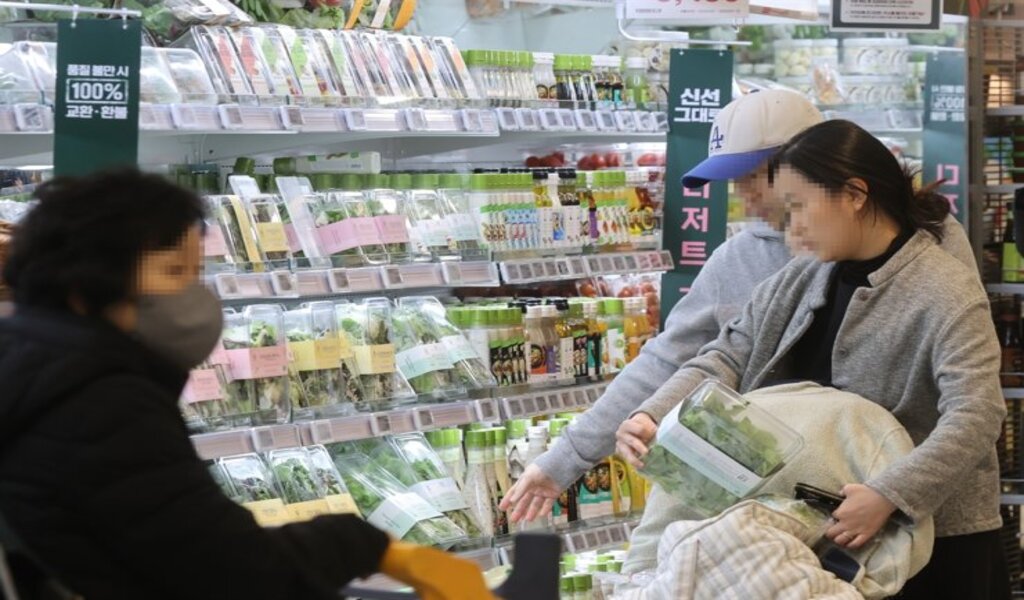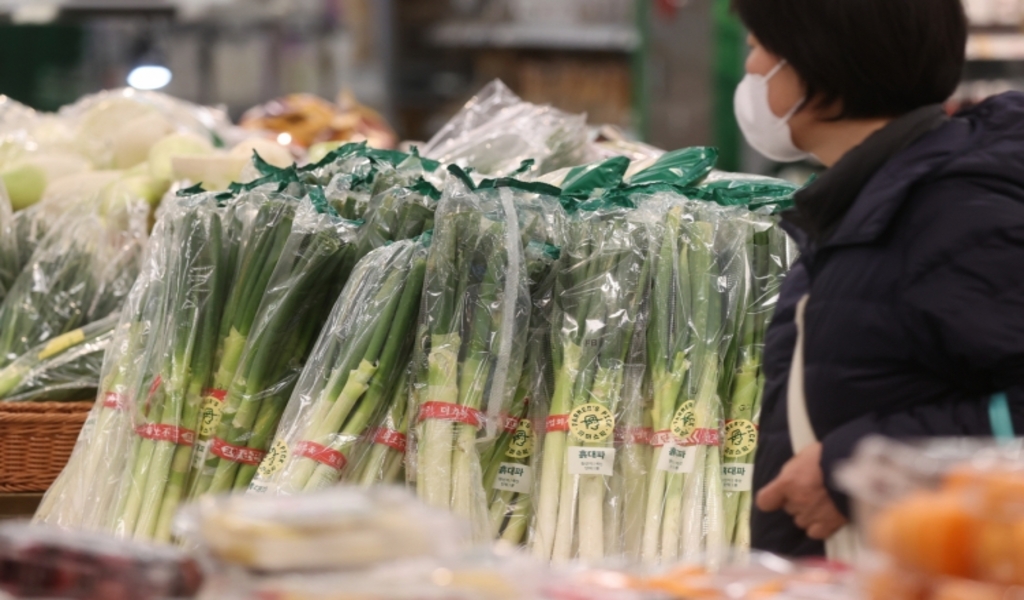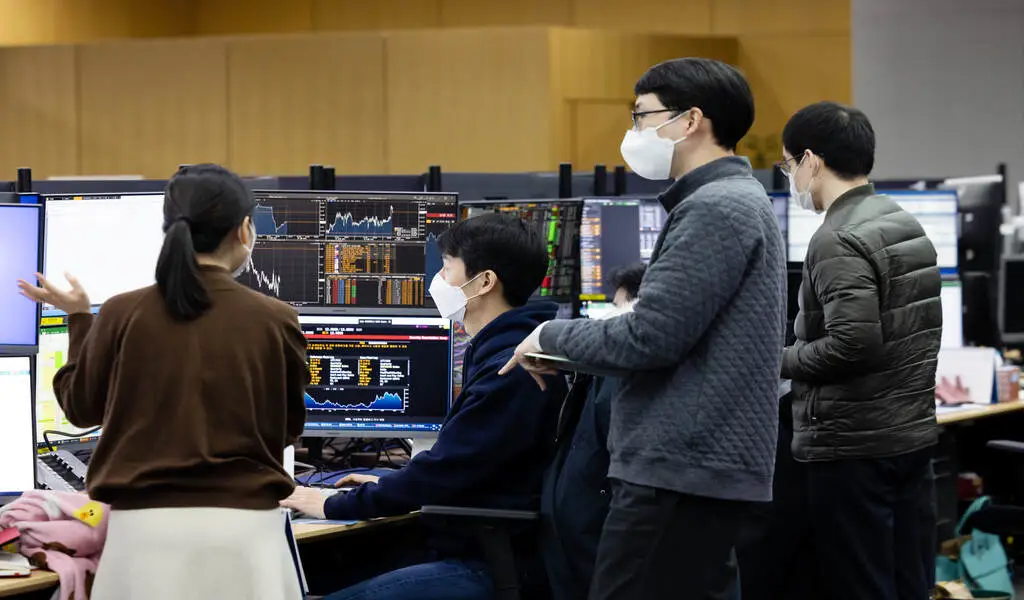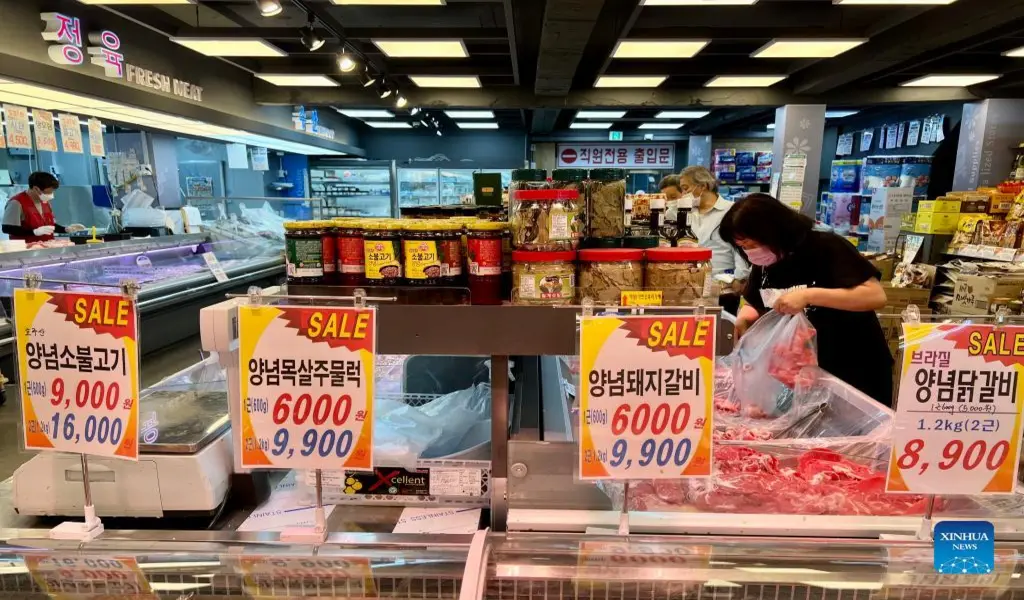(CTN NEWS) – SEOUL – As energy prices rose to a new high in January, South Korea’s consumer price increase on an annual basis quickened from the previous month, according to statistics released on Thursday.
Despite hopes that inflation will progressively decline during 2023.
According to Statistics Korea‘s report, consumer prices, a major indicator of inflation, increased by 5.2 percent last month compared to last year, down from the December growth forecast of 5 percent.
The inflation rate increased by 5% for the ninth consecutive month. In July 2022, it grew at the quickest rate in nearly 24 years, or 6.3 percent.

For the 22nd consecutive month, the figure in January was higher than 2 percent, the medium-term inflation target set by the central bank.
In January, utility prices increased 28.3 percent yearly due to rising energy costs brought on by the protracted conflict between Russia and Ukraine.
Since the agency began tracking the category in 2010, it has experienced its most rapid rise.
For its energy requirements, South Korea is mainly dependent on imports. The sector saw a year-over-year increase of 23.2% in December.
After increasing by 0.3 percent in December, the price of the agricultural, fishery, and animal products increased by 1.1 percent last month on an annual basis.

While rice’s price dropped 9.3 percent, chicken’s price rocketed 18.5 percent.
Due to the cold wave, which boosted the price of greenhouse vegetables, fresh food jumped by 2.5 percent annually in January, speeding up from a gain of 1.1 percent in December.
Prices for industrial goods rose 6% yearly, primarily due to higher prices for bread and petrol. On the other hand, the cost of computers and gasoline decreased over that time.
Prices for personal services rose 5.9% annually, a small slowdown from the 6% gain seen in December. The cost of eating out increased by 7.7% in January.

Core inflation, which excludes volatile food and energy costs, increased by 4.1 percent on a yearly basis in December’s pace of growth.
In December, prices for 144 products strongly relevant to people’s daily life, such as food, clothing, and housing, increased by 5.7 percent; last month, they increased by 6.1 percent.
To control inflation, the Bank of Korea (BOK) increased last month’s benchmark seven-day repo rate from 3.25 percent to 3.5 percent, the highest level since 2008.
Since April of last year, seven consecutive rate increases have been the longest tightening stretch.

The administration will make every effort to quickly stabilize prices, closely addressing the inflationary drivers that contributed to the most recent increase, according to a statement from the finance ministry.
The government pegged this year’s inflation at 3.5 percent in December.
The BOK convened an inflation-analysis meeting on Thursday and projected that inflation would likely climb by roughly 5% this month.
Citing changes in the price of oil and raw materials brought on by China’s reopening as a significant factor that could heighten uncertainties.
RELATED CTN NEWS:
Factory Activity In Asia Falls Despite China’s COVID Re-opening
First Case Of COVID-19 BF.7 Variant Confirmed In Pakistan
Thailand Scores 36 Out of 100 in the 2022 Corruption Perceptions Index






